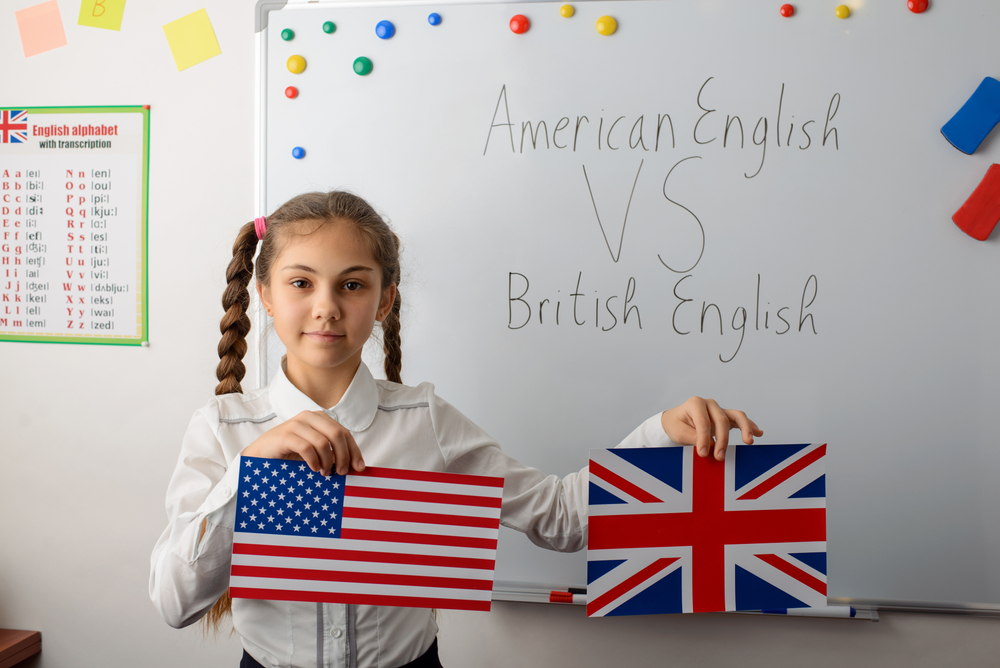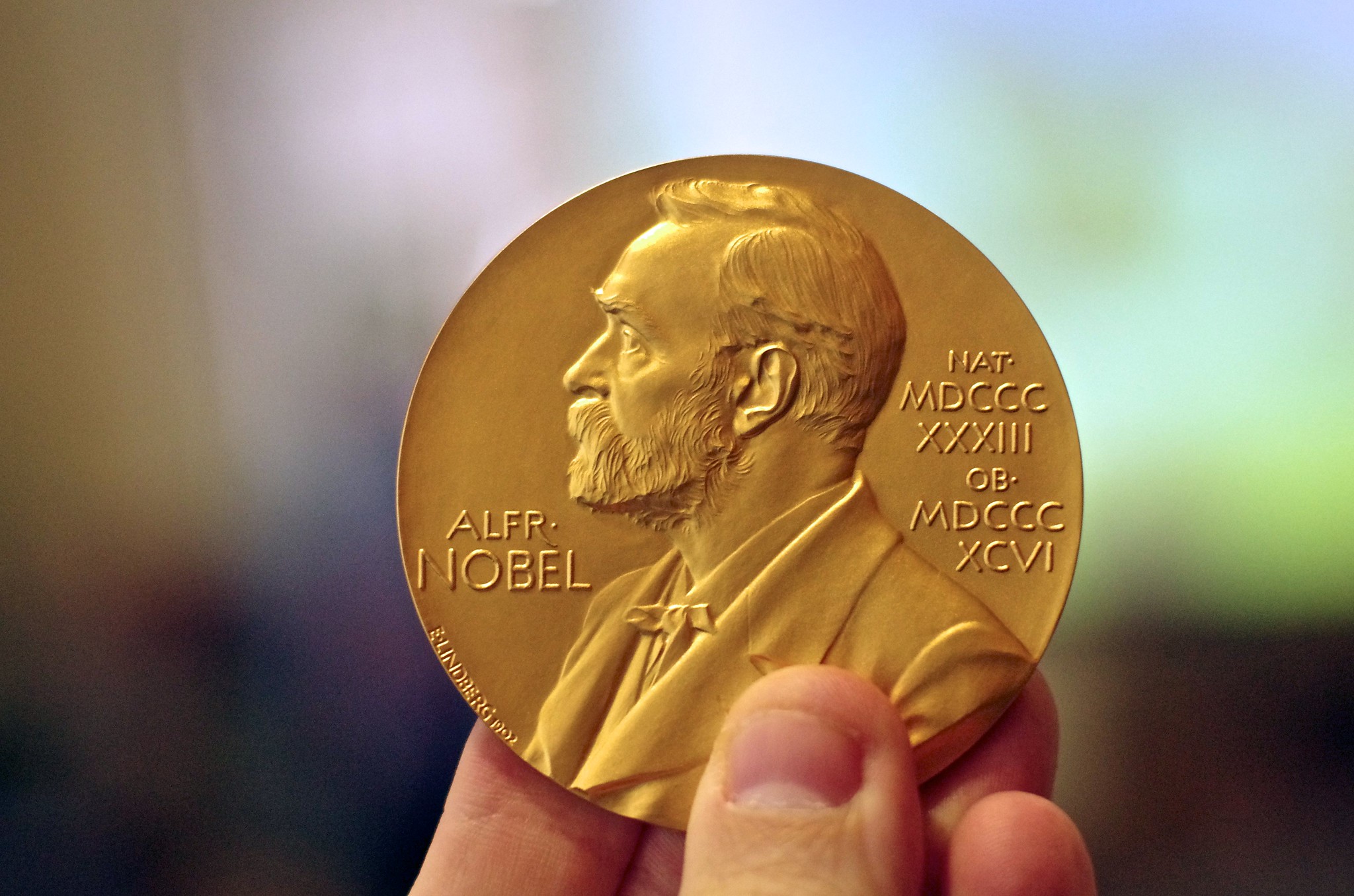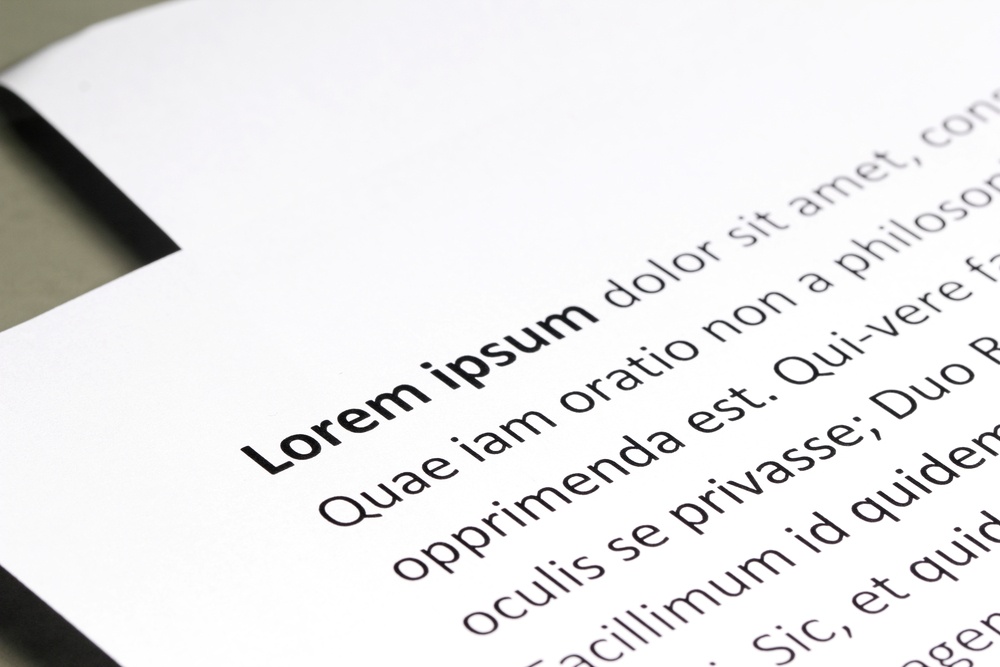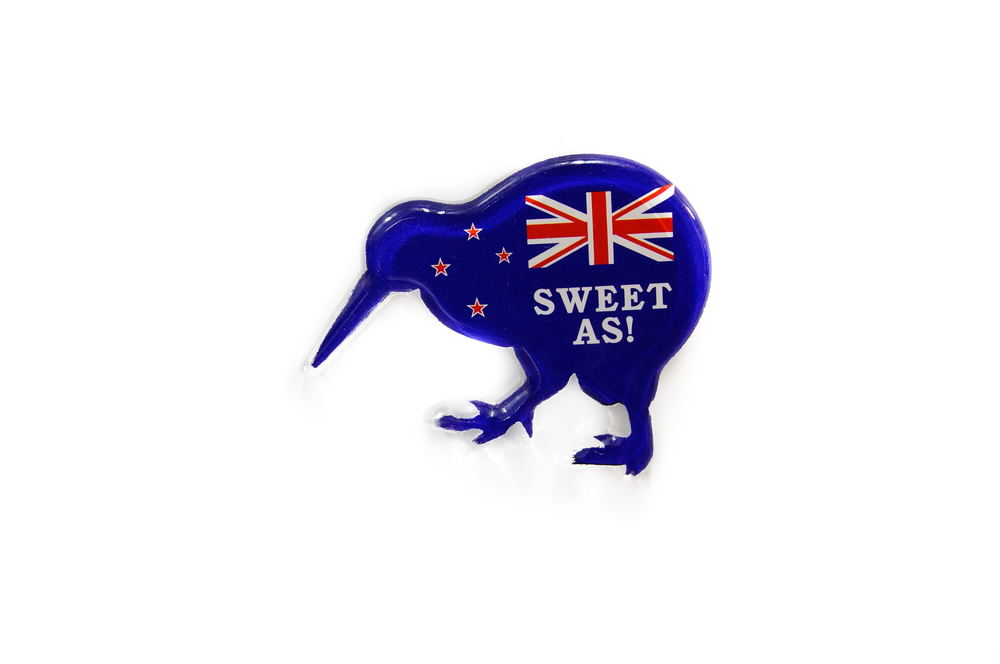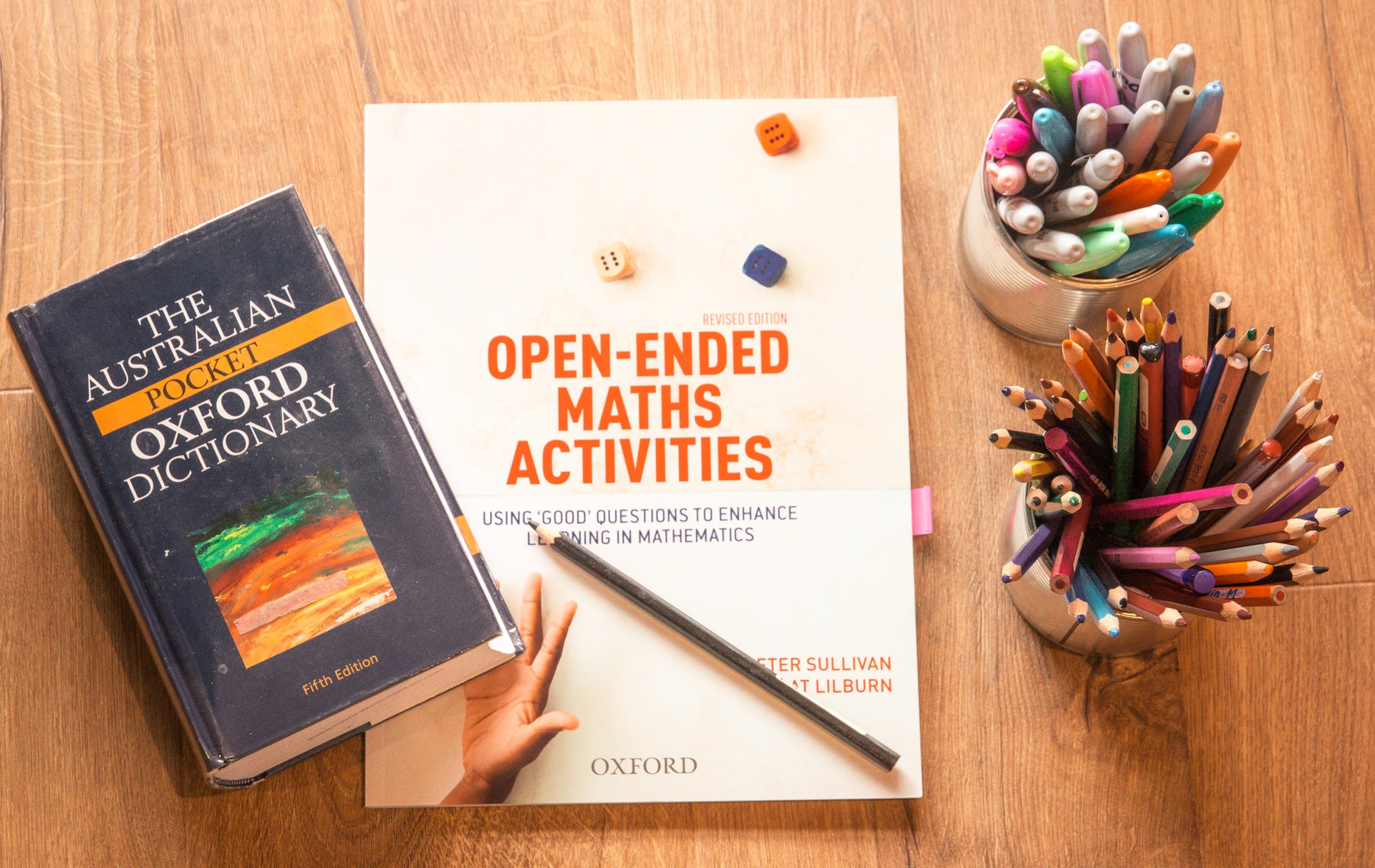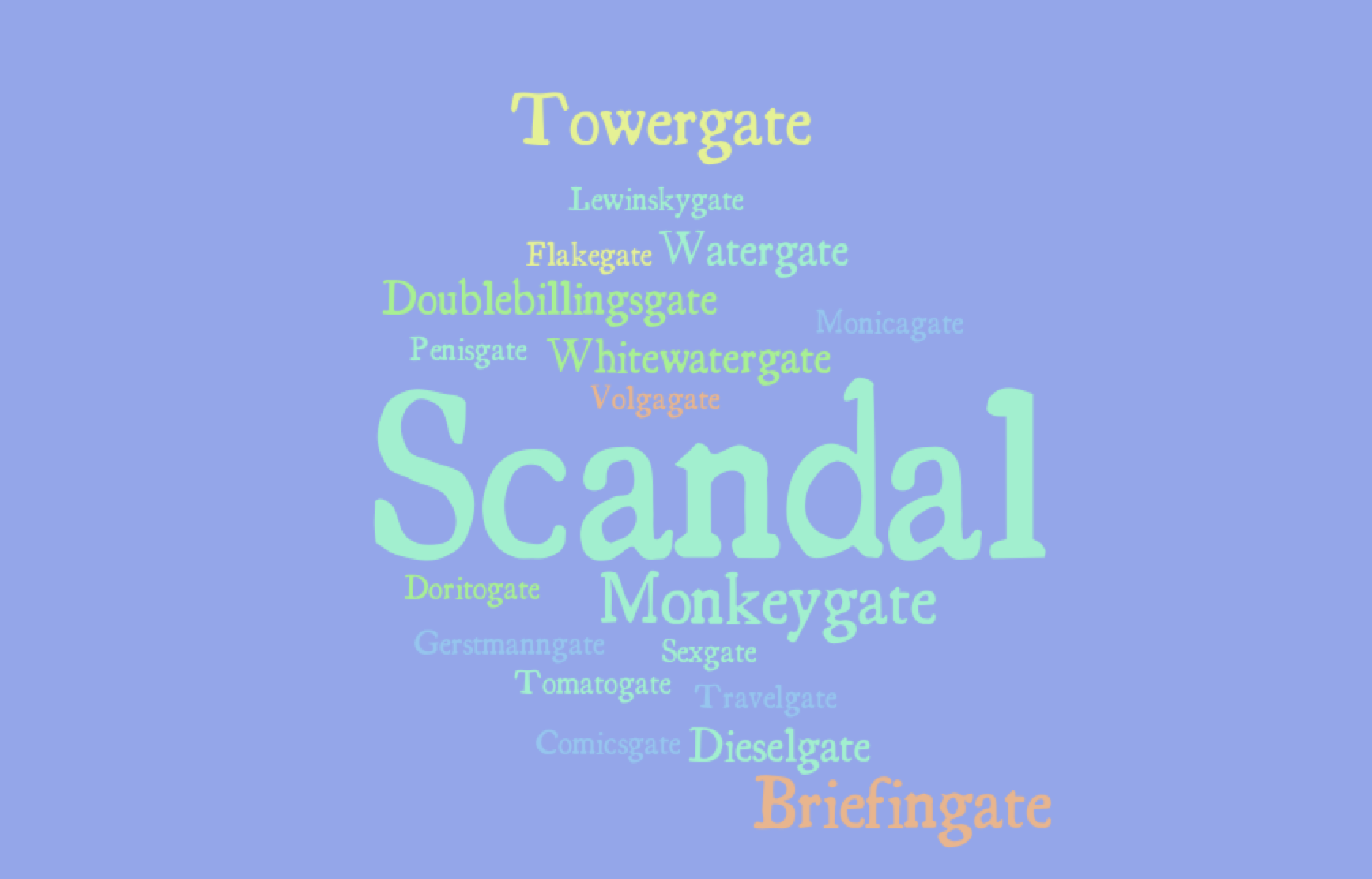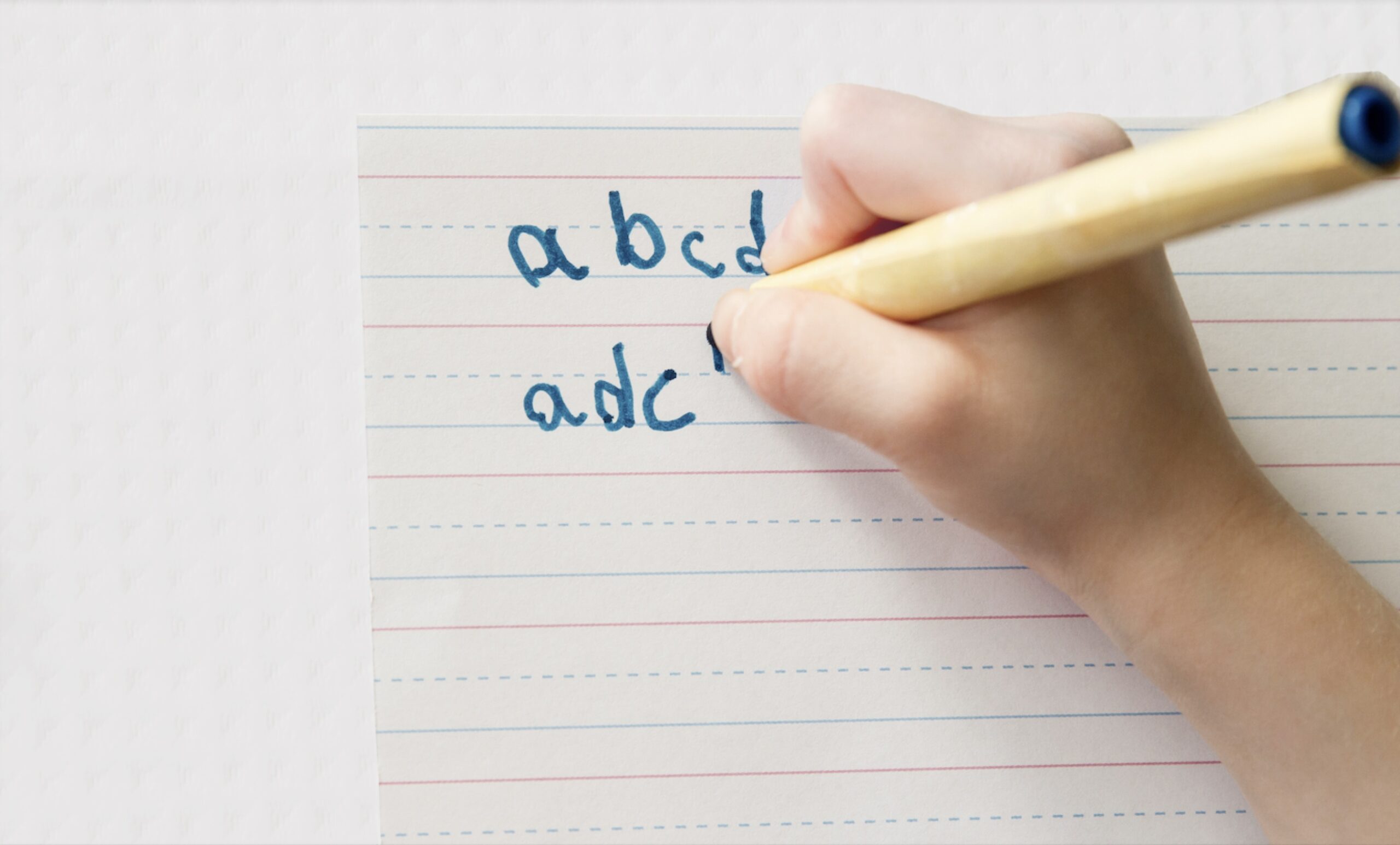Reading Time: 2 minutes
- Before the invention of the printing press in the 1440s, books were luxury itemsProducing a 300-page book would have cost around $20,000. meant only for the rich.
- While the books saw exponential growth in the 16th and 17th centuries, people didn’t bother much about the spellings of the words.
- In fact, documents show that Shakespeare during his lifetime (1564-1616) himself spelled his name in several different ways.Schakespeire, Shakesspere, Shaxkpere, Shakysper, Shaxpeer, etc.
- However, gradually (by the mid-1500s) the demands for a set pattern of grammar, definition, and spelling began rising.
- While over 150 dictionaries were published between 1538 and 1746The first dictionary was published in 1538 but it was a short Latin-English wordbook than a comprehensive dictionary and did little for the spellings. Then in 1583, a dictionary was published which was described as “a generall table [of eight thousand words] we commonlie use…[yet] It [were] a thing verie praiseworthy…if som well learned…would gather all words which we use in the English tung…into one dictionary. The first monolingual (English-to-English) dictionary was published in 1604 but it contained only 2449 words and not a single word that started with W, X, or Y., they were poorly organized and poorly researched and did a bad job at standardizing spellings.
- This dissatisfaction led to a few London booksellers contracting Samuel Johnson in 1746 to produce a dictionary that took 9 years to complete (1755).
- This dictionary took a few years to catch on and soon after it stoked public interest in spellings, etc., America’s war of independence against Britain started (1775).
- While America was fighting this war (which it won in 1783), Noah Webster (after whom Merriam Webster Dictionaries are named), was working on a three-volume compendium A Grammatical Institute of the English Language.
- The first book of the 3-volume compendium was about spellings and was published in 1783.
- Noah Webster was a teacher and wanted to provide an American approach to training children, who were, so far, studying from books brought in from England.
- His reasons were both nationalist (independent language for an independent country) and philological (for the sake of language).
- He believed that the English language was corrupted by excessive concern for minor details & rules, and wanted the words to spell closer to the way they sounded.
- So, catalogue changed to catalog, behaviour to behavior, organise to organize, etc.
- The differences that we see in British & American English today were first popularised by his work (between 1806 and 1828), but many of these different-from-British-English words existed much before he published them.
- Shakespeare’s early works, for example, used spellings such as center and color as much as centre and colour; also, the first use of the word ‘realise’ was in 1755, while ‘realize’ first appeared in 1611.
- Not all the recommendations by Webster were adopted though; e.g. he wanted tongue to spell tung but it didn’t quite stick.
Image courtesy of Vitalii Stock through Shutterstock
Reference shelf :

